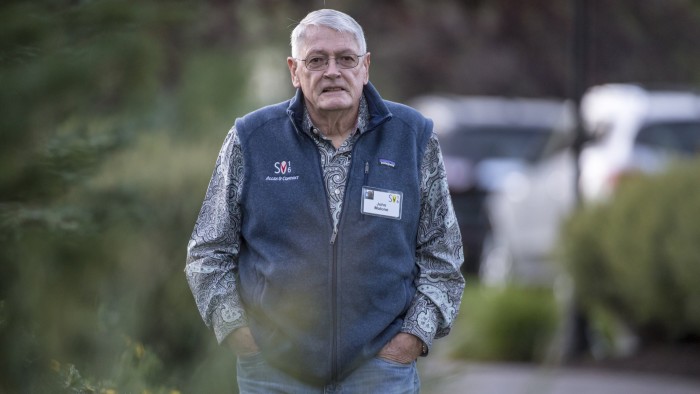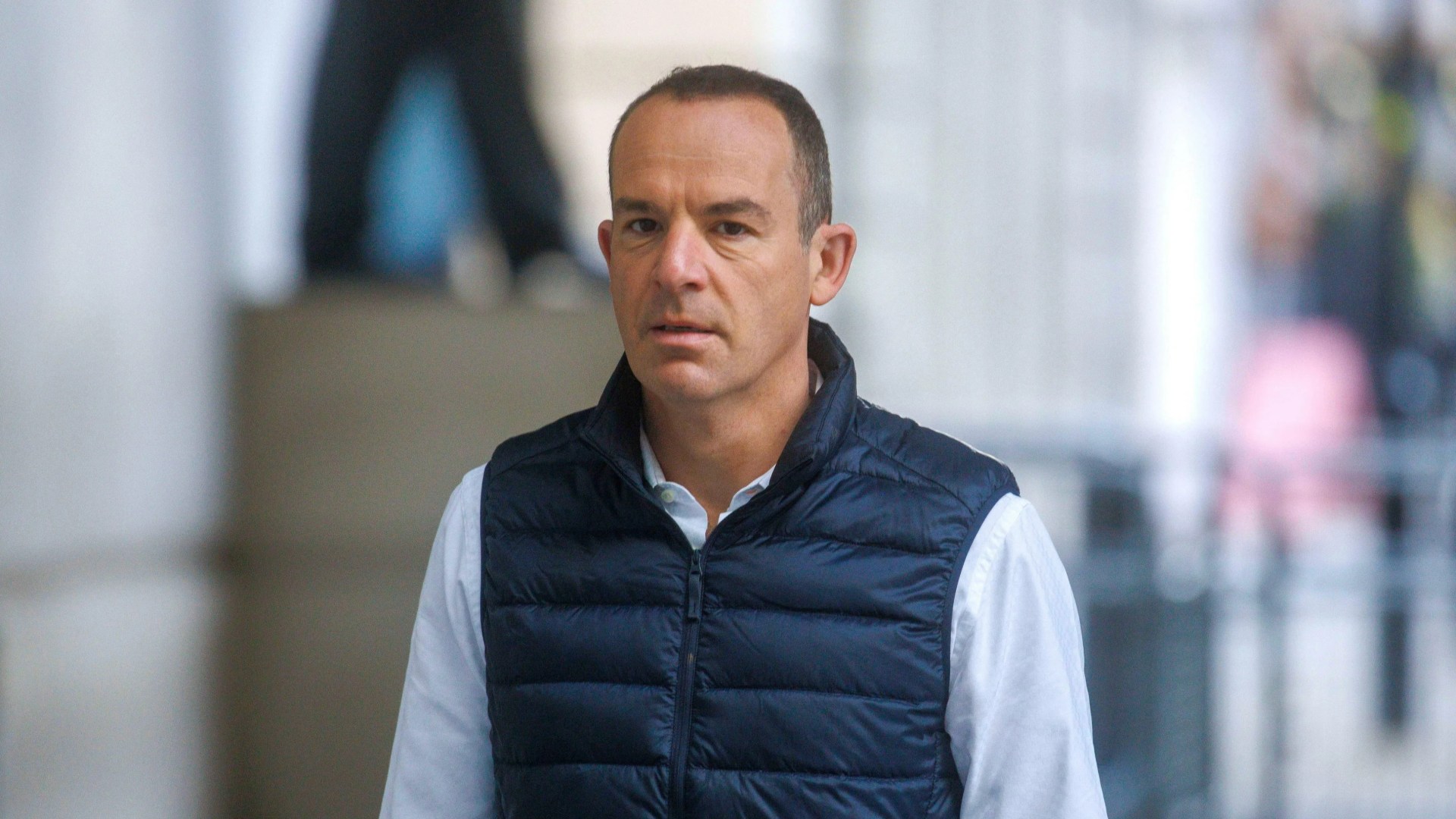The two weeks since Rachel Reeves delivered her first UK Budget as chancellor have been pretty downbeat. Businesses have griped over her tax rises, gilt yields have nudged up and the election of the tariff-loving Donald Trump in America has further clouded the UK’s growth outlook. As part of the annual Mansion House speech on Thursday evening, she tried to lift the mood by unveiling plans to boost Britain’s investment in productive assets with capital from the country’s vast pension funds.
Britain’s retirement pot — estimated at around £3tn in assets — is one of the world’s largest, but it is also one of the most fragmented. Its 8,000-plus funds include defined benefit schemes (which provide a specified income), defined contribution schemes (which produce incomes based on individuals’ investments), and the public sector’s Local Government Pension Scheme. Together, they allocate only 4.4 per cent to UK equities, and around 6 per cent to private equity and infrastructure assets — the types of investment that, if higher, would prop up Britain’s economic growth and DC savers’ returns.
The chancellor’s strategy builds on her predecessor Jeremy Hunt’s own Mansion House reforms in 2023. Reeves plans to expedite the consolidation of Britain’s numerous pension pots, mirroring superfunds in Australia and Canada. She wants to force the existing 86 LGPS funds to merge into eight pools. Right now, less than half of their £400bn in assets are held in larger pools. She also has plans to impose minimum size requirements on multiemployer DC schemes, which are forecast to manage £800bn in assets by the end of the decade. The government reckons both measures could unlock around £80bn to invest in start-ups and infrastructure projects.
Consolidation makes sense. Larger funds can lower their unit costs by saving on the fees and bureaucracy that come with managing smaller pots. They can make chunkier investments, and better manage the risk associated with higher-yielding assets such as in infrastructure, innovative businesses and private markets.
Still, the chancellor’s plans are no guarantee that productive pension investments in the UK will actually increase. Canadian public sector pensions have even lower home bias than LGPS, according to New Financial, a think-tank. Reeves has also rightly ruled out mandating funds to make domestic investments. After all, trustees must have the flexibility to act in the interests of their beneficiaries. The LGPS’s DB schemes have specific liabilities to meet.
To shift the dial, fund managers will need to be confident that there are decent returns to be had in the UK. For that, investors need to see how the government’s planning reforms, industrial strategy and initiatives to raise public investment in green energy and infrastructure shape up. Targeted tax reliefs could also play a role.
The funds also need to be professionally run, with the right risk controls in place to protect savers’ money and oversight from the authorities. Larger funds should help to attract more highly skilled portfolio managers. When it comes to pooling LGPS in particular, input from local authorities will remain important to channel investment into budding regional start-ups and fruitful infrastructure projects. Finally, an emphasis on consolidation should not overlook the importance of raising contributions to pension pots over time, too. Australia has been particularly successful at doing this.
The success of Reeves’ proposal will ultimately hinge on how well the rest of her growth strategy buoys the mood of fund managers about Britain’s prospects. But pooling more of the country’s pension arsenal frees up cash for productive investments. With effective implementation, that should secure better returns for savers, too.


















































































































































































You must be logged in to post a comment Login